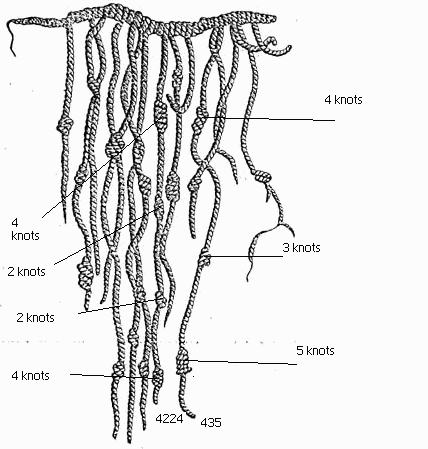English speakers seem to take pride (or maybe frustration) in how little our writing system seems to match up with the pronunciation system. Come across a word in writing that you’ve never heard before? Good luck.
Why don’t we just make the writing system simpler? Countless people have asked this, including (perhaps most famously) Noah Webster, and they continue to do so today. But a top-down, this-is-how-it’s-gonna-be spelling reform is unlikely to happen, and pipl hu trai tu riform the system on their own won’t likely get anywhere.
But we can attempt to come to peace with the situation, and that begins by asking the question: Why is our spelling like this, anyway? The answer is that the writing system lags behind the sound system. That is, the way populations pronounce things changes over time, but the writing systems won’t reflect those changes for a long time after.
There are plenty of examples of this. Here’s one: The word knight used to have all its letters pronounced. (The gh was a glottal fricative—that throaty sound you hear a lot in German.)
I realized today, though, that there are apparently some occasions in which the writing system is actually ahead of the sound system. For an example, let’s look at wh- words. If you’re like me, you pronounce what, where, why and when such that they begin with a w sound. But if you’re like one of my gradeschool substitute teachers (i.e., old), hoity toity, and/or from certain areas of the southeast United States, you may begin them with an hw sound.
The written hw comes to us from Old English, but it had flipped to be written as wh by the time of Middle English. The pronunciation lagged behind this change – in other words, many dialects still pronounced it hw, and some still do. If you’d like to read more about this, here’s the Wikipedia article.
So it seems the writing system isn’t always behind the times!
 Follow
Follow

